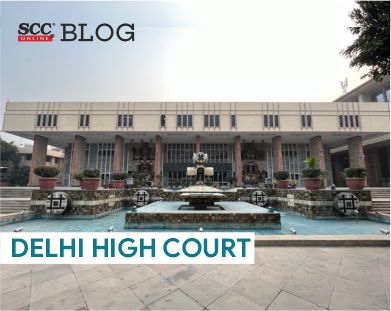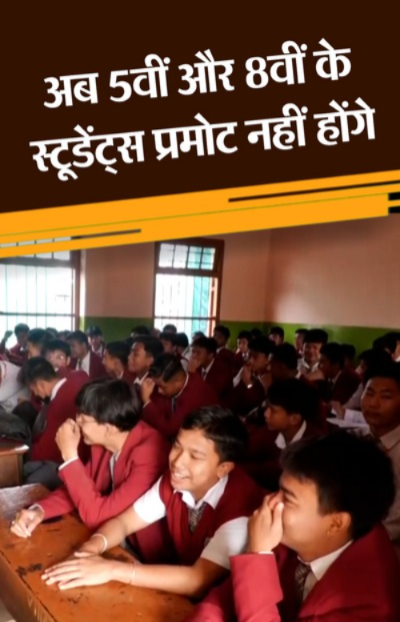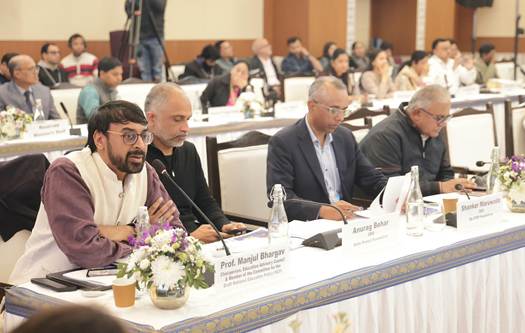Taliban Bans Women-Authored Books, Sparks Global Outrage
- bykrish rathore
- 20 September, 2025
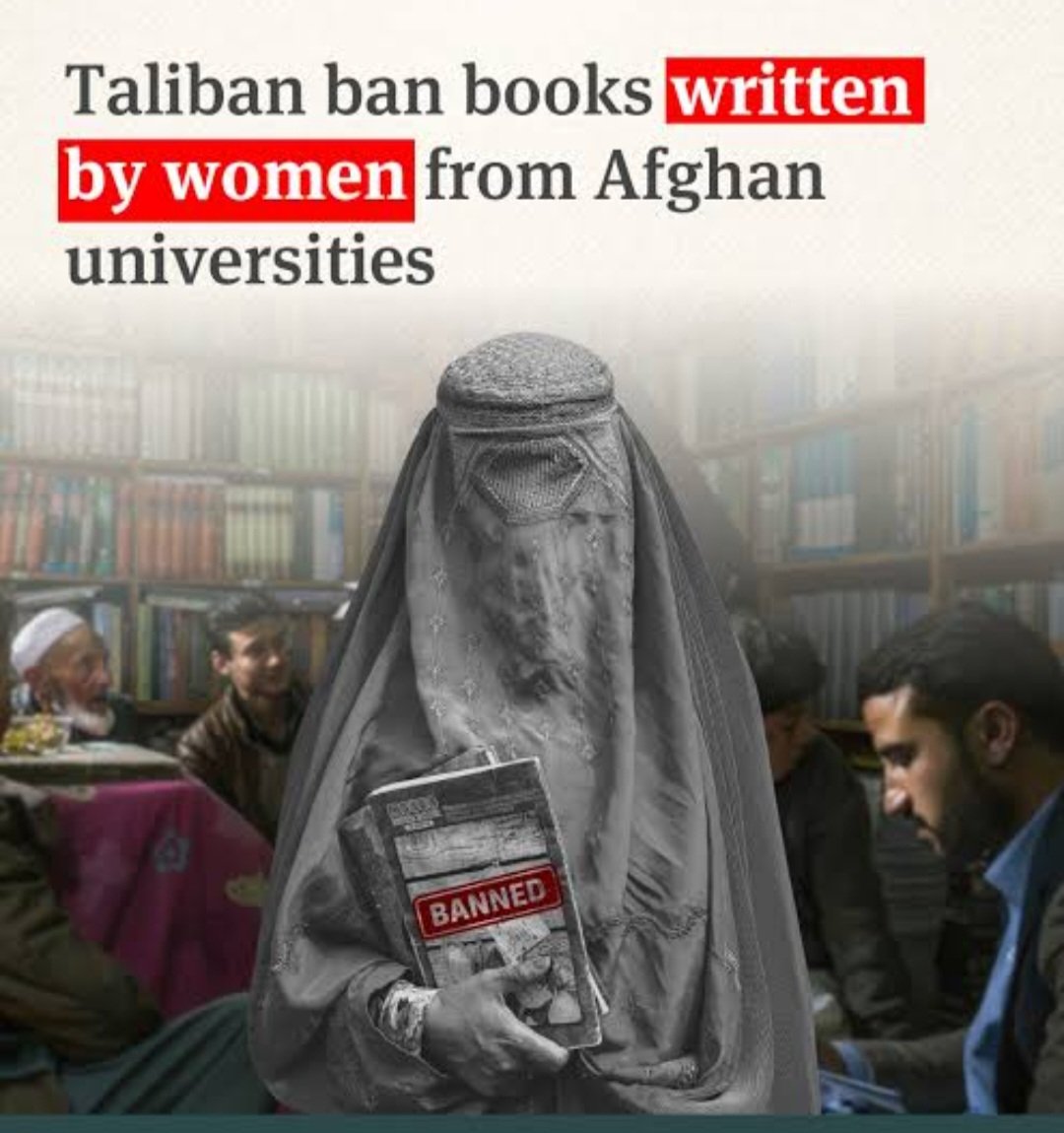
The Taliban regime in Afghanistan has introduced yet another restriction on women, this time banning books authored by female writers. The move has sparked widespread condemnation from human rights groups, intellectuals, and international organizations, who view it as an attack on freedom of expression and cultural heritage.
The ban reportedly applies to schools, libraries, and bookstores across the country, effectively erasing women’s voices from Afghanistan’s literary and educational spaces. Observers note that this latest measure is part of a systematic effort by the Taliban to silence women and exclude them from public life.
Since regaining power in 2021, the Taliban has steadily rolled back women’s rights. Girls above the age of 12 have been barred from attending school, women are largely prohibited from working in most professions, and restrictions on movement without a male guardian have become the norm. The ban on women-authored books further deepens this repression by targeting women’s intellectual and creative contributions.
Writers and activists inside Afghanistan have expressed fear and disappointment. Some noted that books by prominent Afghan female authors once inspired young women to pursue education and dream of a better future. Now, those works are being removed from shelves, and future generations may be deprived of their voices.
International reactions have been swift. Human rights organizations, including Amnesty International and Human Rights Watch, denounced the ban, calling it a violation of international law and basic human rights. The United Nations has also urged the Taliban to reverse its policies, stressing that silencing half the population only hinders Afghanistan’s development and stability.
Experts argue that this cultural censorship is not just about suppressing women—it is also about controlling narratives and consolidating power. By eliminating women’s perspectives, the Taliban seeks to enforce a rigid interpretation of society in which women are invisible. This move not only denies Afghan women their fundamental rights but also robs the nation of diverse ideas, creativity, and progress.
The ban has also triggered outrage on social media, with activists worldwide launching campaigns to amplify Afghan women’s voices. Online platforms are increasingly being used as alternative spaces where women writers can still be read, even if their works are erased domestically.
While the Taliban maintains that its policies are rooted in its interpretation of religious values, critics point out that no legitimate basis exists for banning women from contributing to literature and knowledge. For many, this represents not just a gender issue but an assault on education, freedom, and cultural identity.
The ban on women-authored books is yet another chapter in Afghanistan’s struggle for human rights under Taliban rule. As the international community debates how to respond, Afghan women continue to face some of the harshest restrictions in the world.
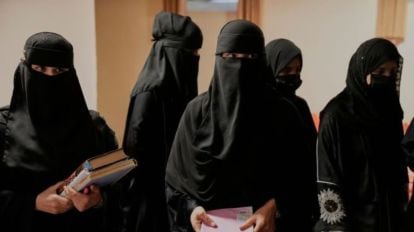
Note: Content and images are for informational use only. For any concerns, contact us at info@rajasthaninews.com.
"हाईकोर्ट ने प्राइव...
Related Post
Hot Categories
Recent News
Daily Newsletter
Get all the top stories from Blogs to keep track.



